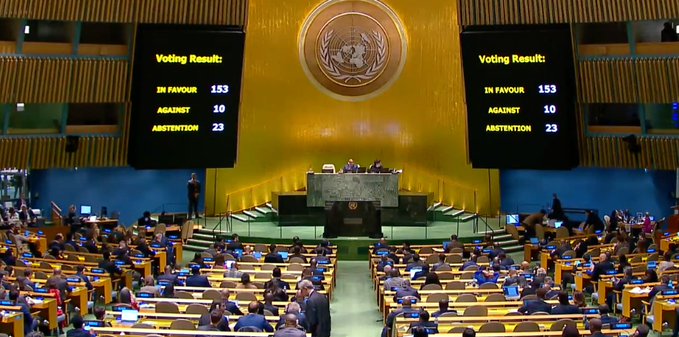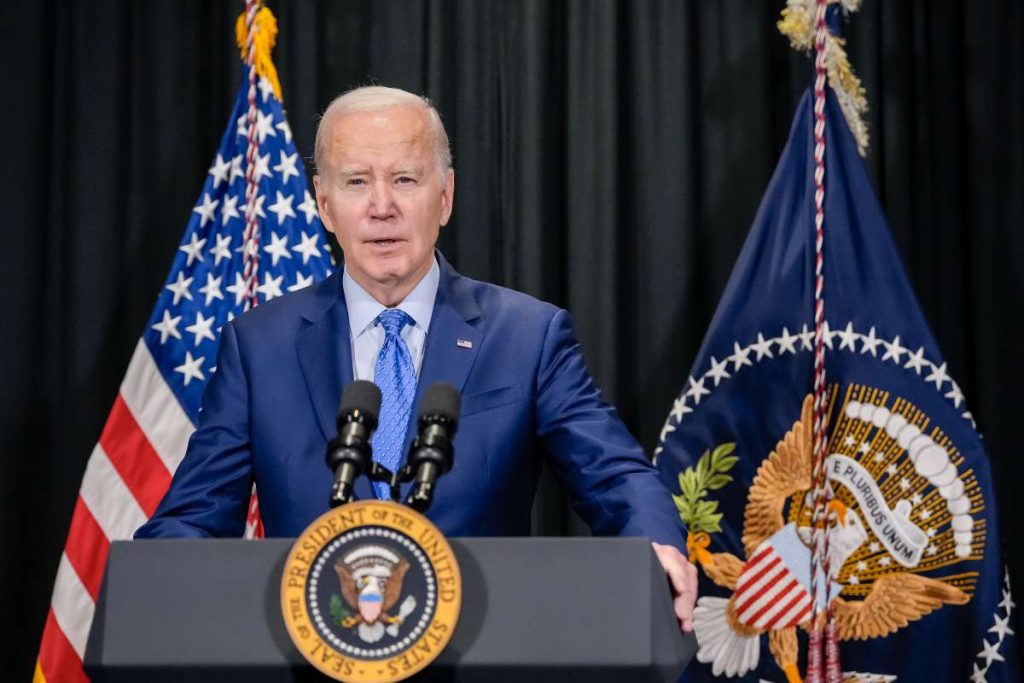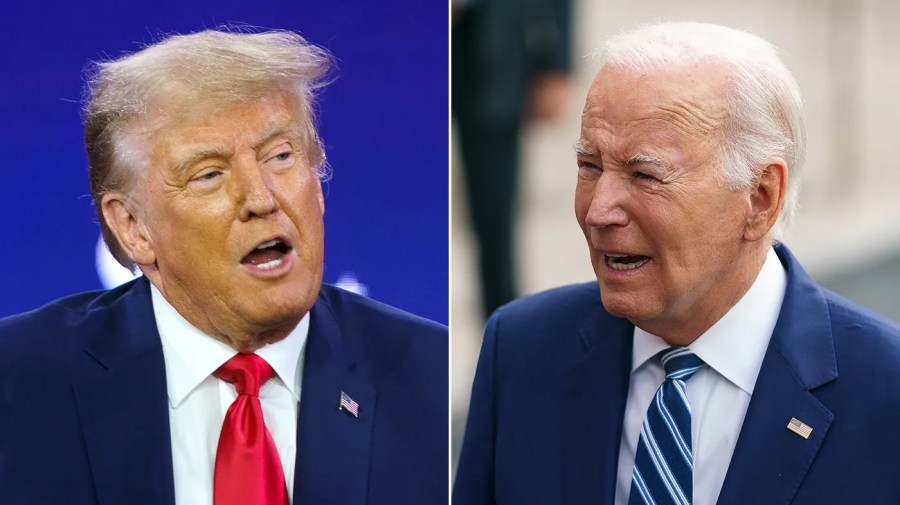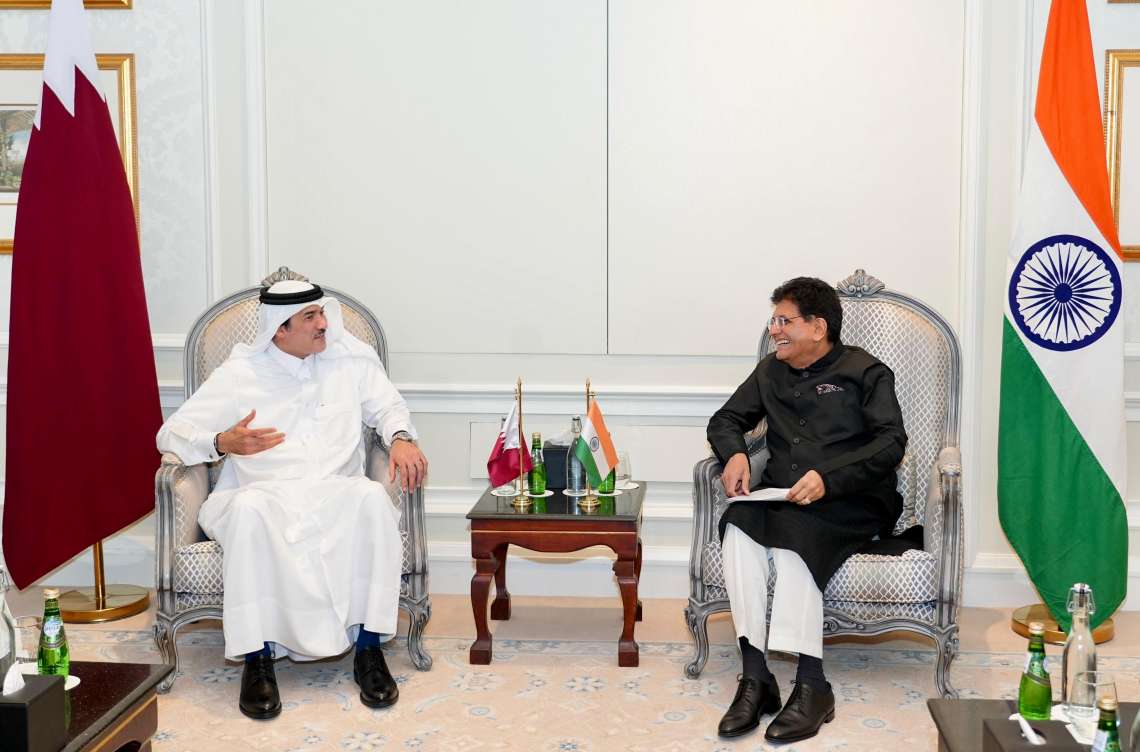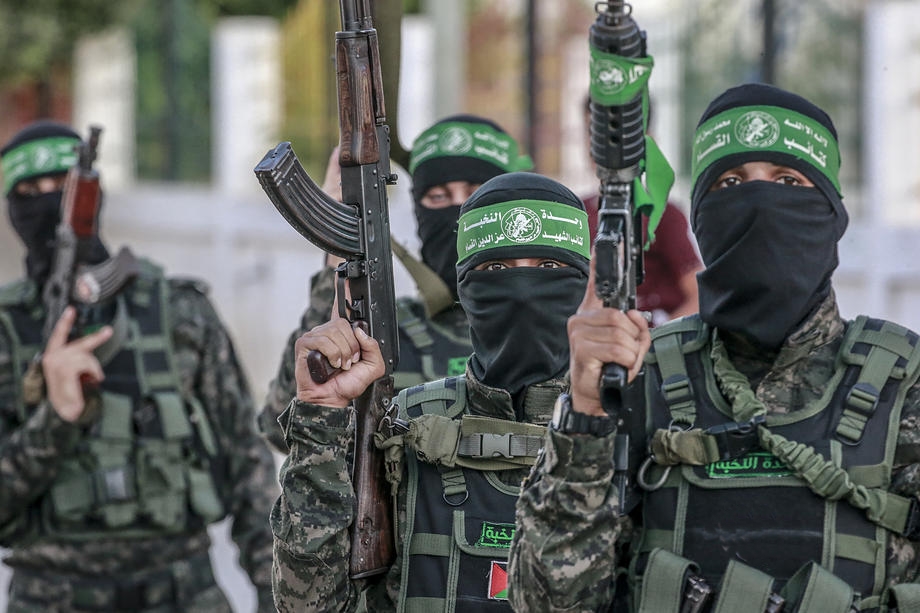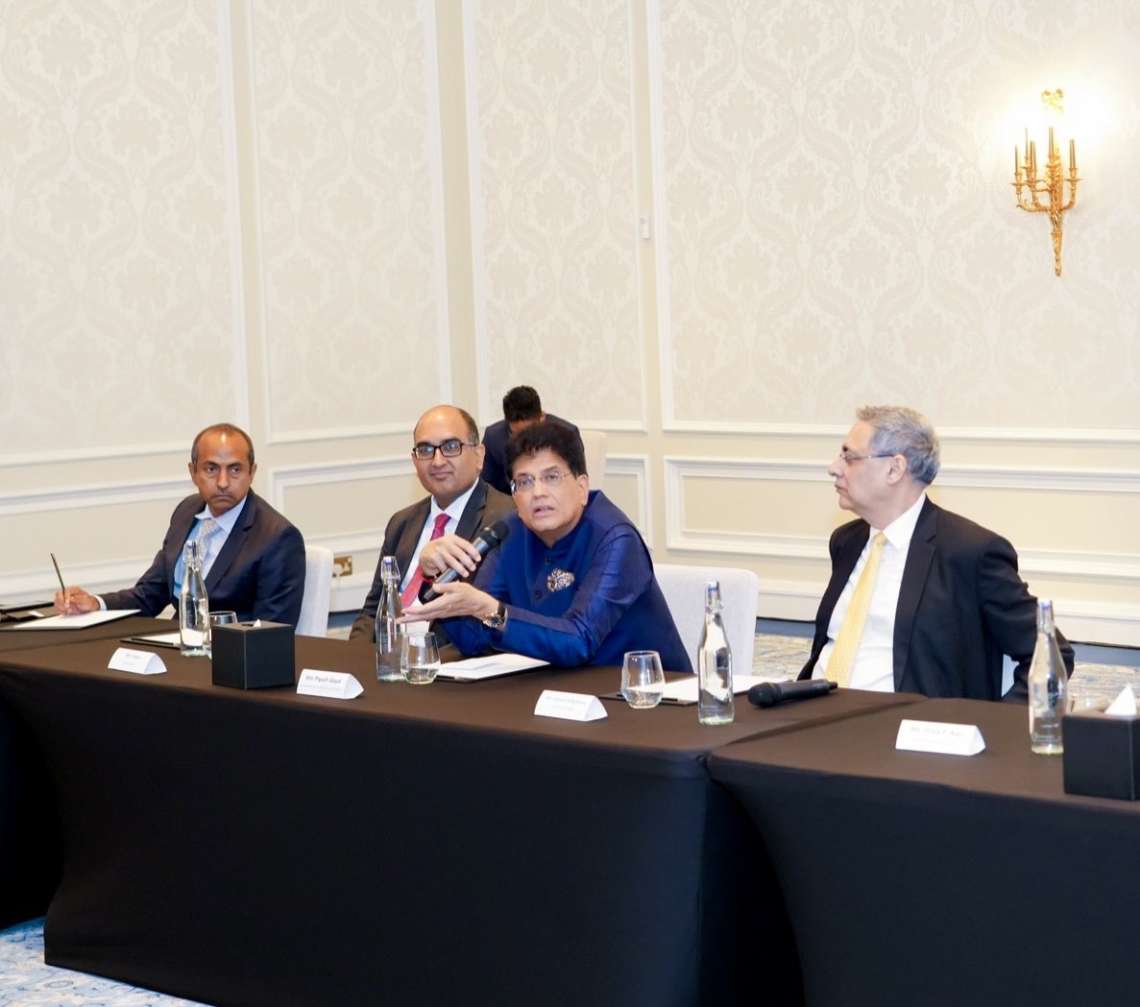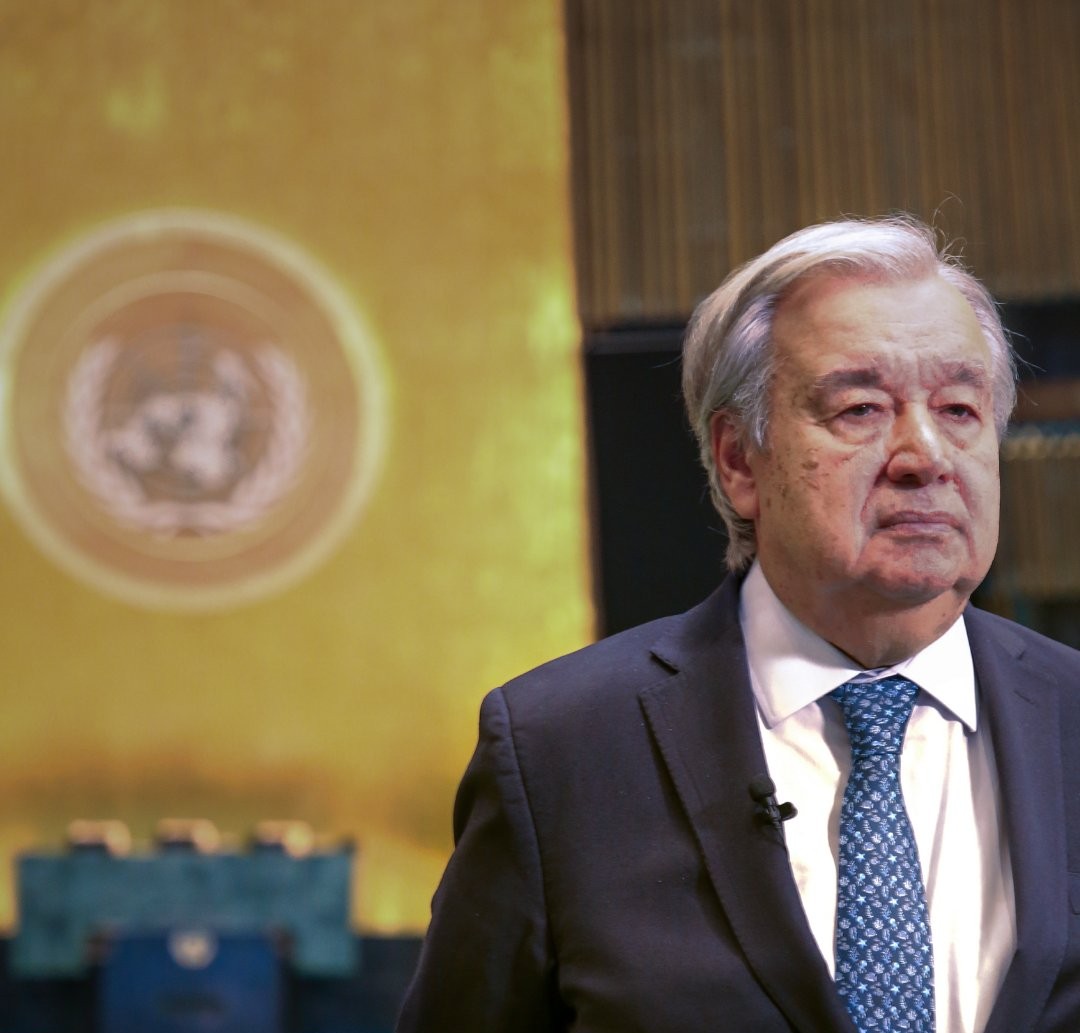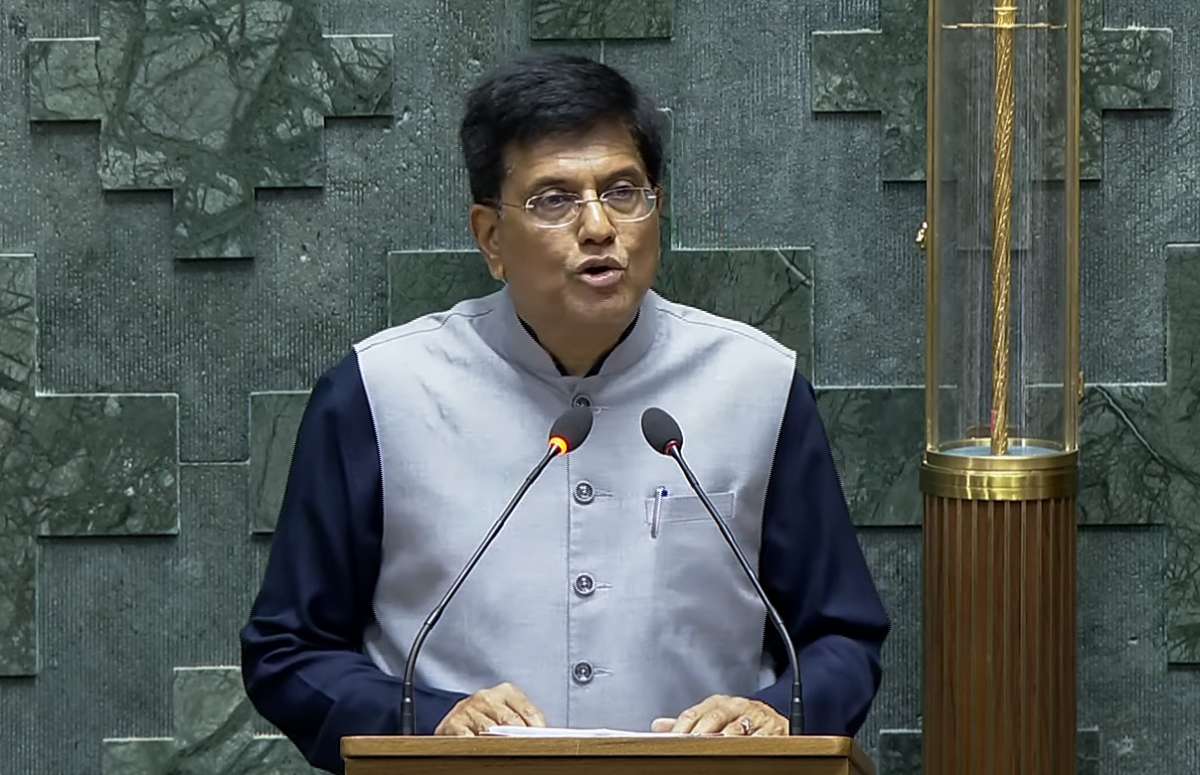Alwasil repeated the call for an immediate ceasefire to end the “bloodshed, protect civilians, and stop the collective punishment inflicted upon the people of Gaza.”…reports Asian Lite News
An extremely crowded meeting of the UN General Assembly echoed to the sound of applause on Tuesday after an overwhelming majority of 153 member nations voted in favor of a resolution calling for an immediate ceasefire in Gaza. Only 10 countries voted against it and 33 abstained.
The vote took place during an emergency special session of the assembly titled “Protection of Civilians and Upholding Legal and Humanitarian Obligations.” It was called last week by the representatives of Egypt and Mauritania, in their capacities as chair of the Arab Group and chair of the Organisation of Islamic Cooperation respectively, after the US on Friday vetoed a Security Council resolution calling for a ceasefire.
The draft of the text of the resolution adopted by the General Assembly on Tuesday, and seen by Arab News, closely reflected the vetoed Security Council resolution. It expresses “grave concern over the catastrophic humanitarian situation in the Gaza Strip and the suffering of the Palestinian civilian population, and (emphasizes) that the Palestinian and Israeli civilian populations must be protected in accordance with international humanitarian law.”
It calls for “an immediate humanitarian ceasefire” as well as the “immediate and unconditional release of all hostages.”
Austria proposed an amendment to the text that would have added a demand for the release of hostages “held by Hamas and other groups,” and added the need for “immediate” humanitarian access.
As it has done in response to all previous draft resolutions, the US once again proposed an amendment calling for the text to “unequivocally reject and condemn the heinous terrorist attacks by Hamas that took place in Israel starting Oct. 7, 2023, and the taking of hostages.”
Resolutions adopted by the General Assembly are non-binding because, unlike Security Council resolutions, they do not have the force of international law behind them. Nonetheless, they do carry political weight. And given the overwhelming outcome of the vote on this resolution, it could be considered to reflect the prevailing global view of the war in Gaza.
Dennis Francis, the president of the General Assembly, opened the session by again calling for an “immediate humanitarian ceasefire.” He said it was incumbent upon the UN to bring an end to “the suffering of innocent civilians,” and vowed to support all efforts to “put an end to the bloodshed and the psychological torture of the people of Gaza.”
The plight of Gazans is the result of an “unprecedented collapse of an already crumbling humanitarian system (and) profound disrespect for both international law and international humanitarian law,” he said.
“Since Dec. 1, we are witnessing the resumption of violence with a kind of ferocity that one asks, ‘What more, next?’
“No more time left. The carnage must stop. In the name of humanity, I ask you once more: Stop the violence now.”
The Saudi ambassador to the UN, Abdulaziz Alwasil, said his country was voting in favor of the resolution to end “the suffering caused by an inhumane military attack by the Israeli occupation forces.”
He added: “Civilians must be protected. This is a main priority and no compromise shall be made regarding it. Failing to achieve this priority will only exacerbate this catastrophe, which falls upon Israel and the international community.”
Alwasil repeated the call for an immediate ceasefire to end the “bloodshed, protect civilians, and stop the collective punishment inflicted upon the people of Gaza.”
He also stressed the need to reach “a comprehensive and just solution for the Palestinian question in line with the Arab Peace Initiative, the two-state solution, and the establishment of a Palestinian state with Jerusalem as its capital.”
Osama Abdel Khalek, Egypt’s permanent representative to the UN and the chair of the Arab Group for the month of December, asked the General Assembly: “What are we all waiting for, to stop this fire? To end this zero-sum war?”
The US continued to justify its opposition to a ceasefire resolution by restating its belief that such a move would benefit only Hamas.
Ahead of the vote, Linda Thomas-Greenfield, the US ambassador to the UN, called on the General Assembly to speak with one voice in condemnation of the militant group.
“This is the bare minimum and it should not be that difficult,” she said.
She encouraged members not to vote in favor of the resolution, on the grounds that “a ceasefire now would be temporary at best, and dangerous at worst.”
Pakistan’s permanent representative to the UN, Munir Akram, also speaking before the vote, denounced the amendments proposed by Austria and the US, saying that they “once again condemn only one side but exonerate the other.” Blaming Hamas alone for the conflict is neither “equitable” nor “just,” he added.
Hamas welcomes UN ceasefire call
The Hamas on Wednesday welcomed the UN General Assembly’s (UNGA)call for an immediate humanitarian ceasefire in the raging war in Gaza.
In a statement, Izzat Al-Rishq, a member of the Hamas Political Bureau, urged the international community to sustain pressure on what he called the occupying forces and called for compliance with the UN decision, reports CNN.
He also condemned the “war of genocide and ethnic cleansing” against the Palestinian people.
The resolution presented by Egypt and Mauritania with scores of co-sponsors was adopted on Tuesday with 153 votes.
It received only 10 votes against and there were 23 abstentions.
The resolution also demanded the release of all hostages and called on parties to comply with their international obligations, especially for protecting civilians and to ensure humanitarian access for relief to Gaza.
The resolution is only symbolic because, unlike the UN Security Council, the UNGA does not have enforcement powers.
The UN has warned of a breakdown in the humanitarian system in Gaza where a majority of its 2.2 million residents have been displaced from their homes and face hunger and disease.
Illustrating the change in attitudes towards Israel, the earlier resolution on October 27 received 121 votes and it has risen to 153 for the latest resolution on Tuesday, while votes against came down from 14 to 10, and abstentions 44 to 23.
Last week, Washington vetoed a Security Council resolution calling for a ceasefire, the second time it has done so. Russia vetoed a resolution and China joined it in vetoing another.
However, the Council passed one resolution calling for a humanitarian pause in the fighting after Russia, the US and Britain abstained.

